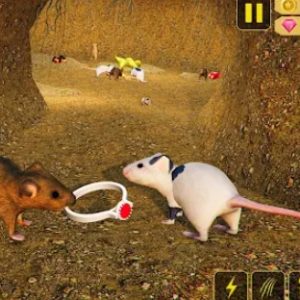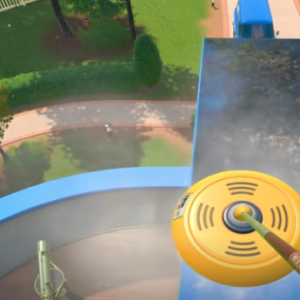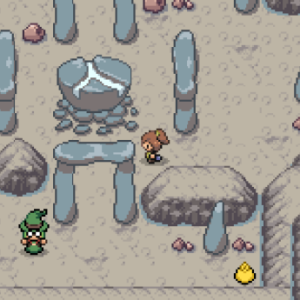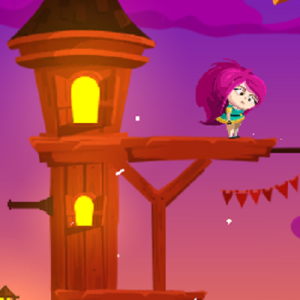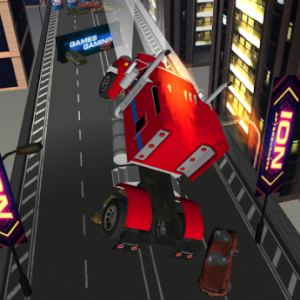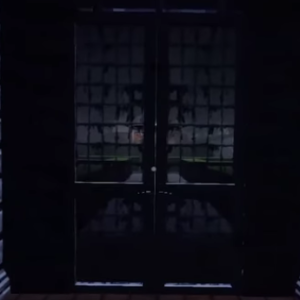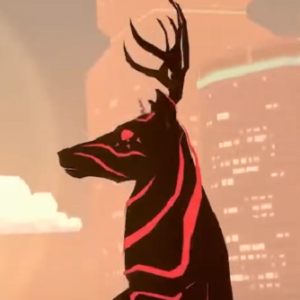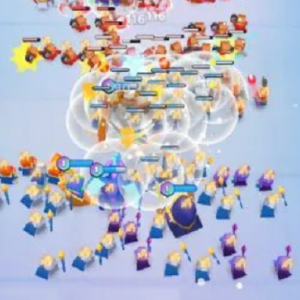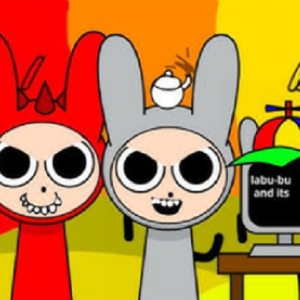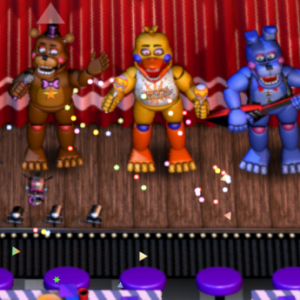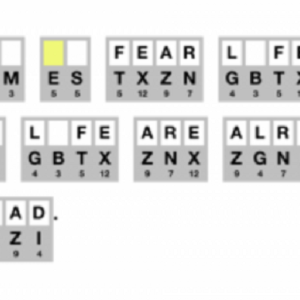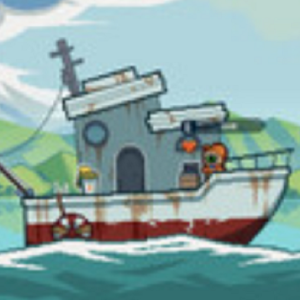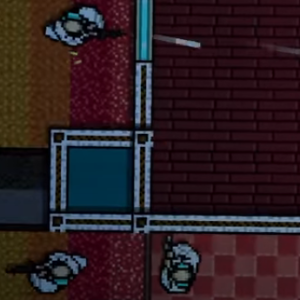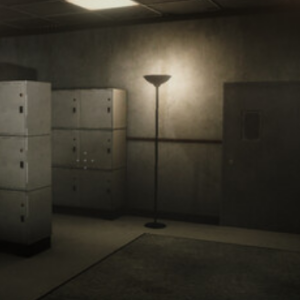Similiar games
Forest Mouse places the player in control of a small animal navigating a world built around two contrasting spaces: a forest and a human dwelling. The goal is survival through smart use of resources and steady development of a nest. Early stages involve basic foraging and cautious exploration, but later stages demand more complex decisions. Movement through the world must be timed carefully, as hazards and time of day influence access to key materials. The mouse begins alone, but over time, it can form a group that helps complete tasks and share responsibilities.
Environmental Contrast and Movement
The forest is wide and full of natural materials like twigs, acorns, and leaves. It also contains predators that can quickly end a run. In contrast, the cottage space contains tools and food items left by humans. Entering this area is more dangerous but provides items unavailable in the wild. Each setting encourages different strategies. Players must plan routes and be aware of safe zones, exits, and hiding spots. Rain or darkness changes how areas function, affecting what can be collected or avoided.
Game Features and Development Systems
The main mechanic in Forest Mouse revolves around building and maintaining a nest. Players collect items and use them to create small structures that unlock new abilities. The nest can be expanded and modified to support more mice, store more resources, or offer better protection. The game rewards players who gather efficiently and avoid unnecessary risks. At the same time, players must prepare for environmental shifts and sudden attacks from predators.
The game includes the following main features:
- Forest and indoor zones with unique item types
- Building system with customizable nest parts
- Predators such as snakes, spiders, and house pets
- Family expansion and training of offspring
- Resource limits and tool-based crafting options
Growth Curve and Risk Management
As the game progresses, players are challenged to balance time between collecting, protecting, and upgrading. Food must be managed carefully, and storage limits require prioritizing certain materials. With each upgrade, the game increases in pace and difficulty, forcing players to react faster and choose paths more efficiently. Introducing offspring shifts the focus from individual survival to group maintenance. Every member of the group needs care, and failure to manage any one part of the system can affect the whole.
Forest Mouse delivers a gameplay loop built around repetition and adaptation. It does not offer direct storytelling or traditional objectives. Instead, players are given tools and freedom to define their own pace and priorities. Risk is present in every choice, from when to enter a room to what items to collect. With careful observation and consistent decision-making, the mouse can thrive in both wild and human-made spaces. The game builds difficulty gradually, turning routine survival into a set of long-term goals driven by planning and precision.


